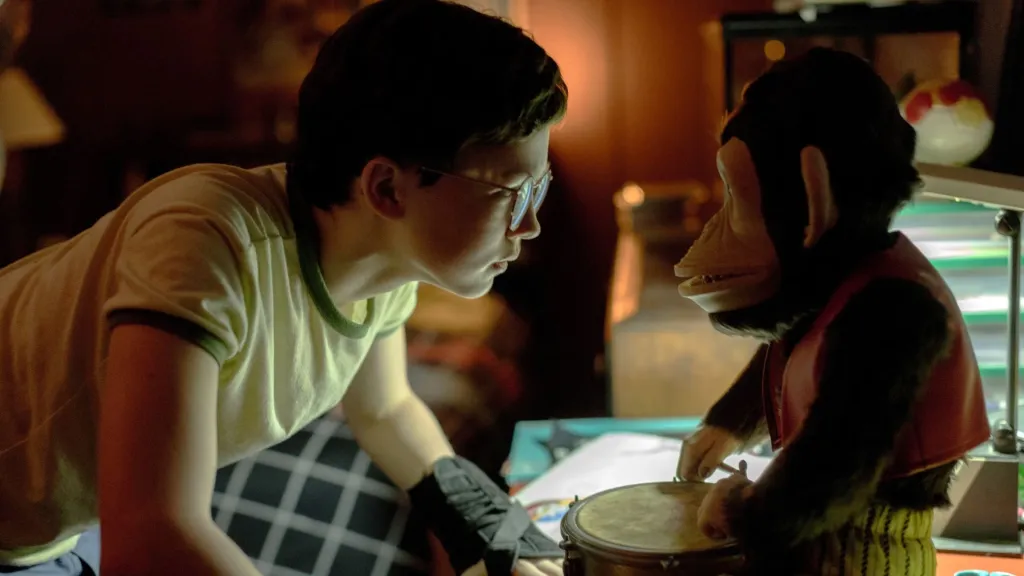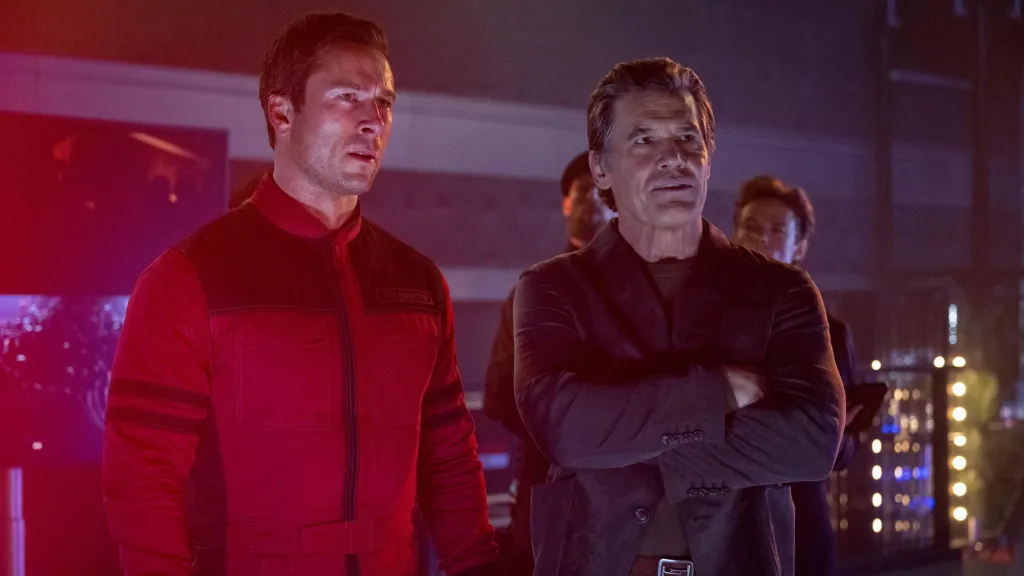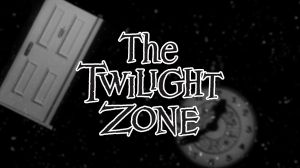As 2025 comes to an end, it’s clear that it’s been a surprisingly strong year for movies. Practically every genre got something memorable, including a few titles that are already being talked about as potential Oscar contenders. And when it comes to book adaptations, Stephen King ended up being one of the year’s biggest winners. It’s not exactly new that his massive catalog has been adapted over and over (with remakes popping up every decade as well), but the author still delivers solid material that filmmakers love to push in new directions. Still, even with The Monkey, The Life of Chuck, The Long Walk, and The Running Man all hitting theaters this year, the truth is that none of them landed quite the way studios were hoping. Despite positive reviews and buzz at festivals, not a single one managed to actually break out at the box office. And that raises a question: why are such good King adaptations struggling to connect with the general audience?
Videos by ComicBook.com
All four films earned praise and found their niche viewers, but they mostly flew under the radar. Maybe The Monkey was the one people talked about the most, but even then, the audience reaction was mixed at best — especially because it delivered something completely different from what many expected. As for the rest, they might have reached King’s loyal fanbase, but it’s very possible the average moviegoer didn’t even know these films had been released.
Stephen King’s 2025 Adaptations Failed to Perform at the Box Office

Breaking them down one by one, let’s start with The Monkey. In a way, it’s easy to understand why critics liked it, even if it never came close to blockbuster numbers. Director Osgood Perkins fully embraced the absurdity of a cursed toy monkey that basically signs death certificates every time it clangs its cymbals and turned the whole thing into a bloody cartoon-like horror-comedy. It’s chaotic, violent, and darkly funny in a very weird way. But the box office paints a different picture: with a budget of $10–11 million, the film wrapped up with $68 million worldwide. So yes, it made money and did well, but it never became the kind of release that pulls in general audiences. Its $14 million opening was solid but nowhere near “must-see” status. And a lot of that comes down to its hybrid tone: not straight horror, and not light comedy — which, while artistically cool, naturally limits its reach.
The Life of Chuck goes in the exact opposite direction, which explains why it’s so beloved and so ignored at the same time. Mike Flanagan is brilliant when it comes to bold storytelling, and here he made an existential drama that uses King’s story as inspiration rather than a blueprint. It’s intimate, emotional, told in reverse, and very much a movie that depends on a willing, patient viewer. Critics embraced it, but the theater-going audience didn’t. It made only $6.7 million domestically and about $19 million worldwide — very low numbers for any King adaptation (even a contemplative one). The limited release didn’t help, and the marketing felt completely lost about how to sell the film. Plenty of people didn’t even understand what it was supposed to be, even after watching the trailer. And the fact that King himself went online asking people to go see it says a lot about how disconnected the film was from its potential audience.
With The Long Walk, the story shifts slightly because this time, critics and niche audiences were aligned. Francis Lawrence delivered a punk-styled dystopia that’s more psychological than explosive, following 50 teenagers forced to walk until they collapse. It’s heavy, uncomfortable, and emotionally draining. It opened with a solid $11 million domestically, and its worldwide total hit around $62 million on a $20 million budget, technically making it a financial success. But even then, it didn’t hit mainstream levels of hype. And the reason is pretty straightforward: the movie is great for viewers who want intense storytelling and emotional discomfort (which explains why it scored an 88% on Rotten Tomatoes), but not so much for people looking for escapism. And in today’s landscape, dominated by big franchises and high-energy action, a serious, bleak dystopia has a hard time standing out.

Then there’s The Running Man remake, which arguably had the clearest path to a commercial hit — and maybe that’s why its performance feels the most disappointing. It had every ingredient for a guaranteed win: Edgar Wright directing, Glen Powell starring, futuristic action, and a deadly competition concept. But the box office told a different story. Even with a very recent release, the film has only pulled in around $28.2 million worldwide, with $17 million from its domestic opening. For a high-profile action movie with that kind of pedigree, that’s far below expectations. The aesthetic works; Powell is at the peak of his popularity, but none of it translates to real momentum. And that highlights a key point: adapting King into an action film doesn’t automatically bring in audiences anymore. The market is oversaturated, and mid-tier blockbusters disappear faster than ever.
Stephen King Adaptations Can Absolutely Succeed Again

So what’s the takeaway? All four of these adaptations suffer from the same core issue: quality doesn’t equal mass appeal. King-based films, especially the more auteur-driven ones, aren’t designed to please everyone. They’re great movies, but they’re not “sellable” in the way today’s market requires. They work extremely well for critics, hardcore fans, and viewers who love unusual, offbeat cinema — but that’s not the audience that fills theaters. Without a strong “hook,” like a standout villain, a clear horror identity, or a more accessible vibe, these films hit a natural ceiling. And that creates a tough equation for studios: excellent filmmaking, but mediocre returns.
Can this be fixed? There are a few paths, none of them easy. First: clearer, more targeted marketing. You can’t sell The Life of Chuck as “the new Stephen King movie” when it has zero resemblance to horror or suspense. That only confuses people, kills word-of-mouth, and turns a great film into something invisible to the audience that would actually enjoy it. Same with The Monkey: a trailer leaning only into the goofy gore doesn’t communicate that the film can also have atmosphere, tension, and personality.

Release strategy matters too. Dropping existential dramas, heavy dystopias, or oddball horror films into a calendar packed with superhero tentpoles, massive animated hits, big action movies, and franchise sequels is basically asking for them to vanish. These films would perform better with softer, less crowded release windows or even hybrid rollouts (theater and streaming) tailored to the audience that actually consumes this type of material. And then there’s tone: the promotional materials need to reflect what they actually are. The worst thing a King adaptation can do is pretend to be something it isn’t.
In the end, 2025 proves something important: King is still a creative goldmine, and filmmakers are squeezing the most out of his work. But the mainstream connection is still flawed. A movie can be praised everywhere, make festival audiences cry, and trend on social media, but if the general audience doesn’t buy tickets, the success stays stuck in niche circles. Things need to change.
Have you watched any of these King adaptations yet? Love them, hate them? Let us know in the comments!









